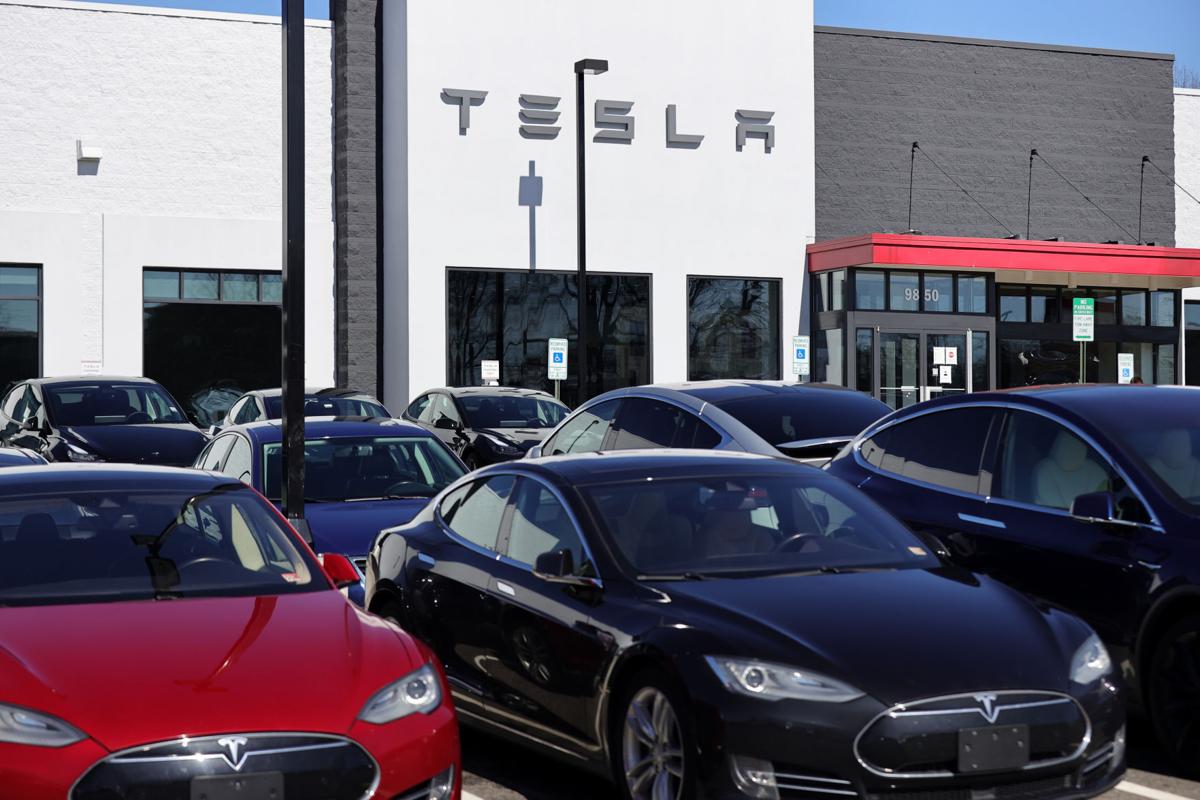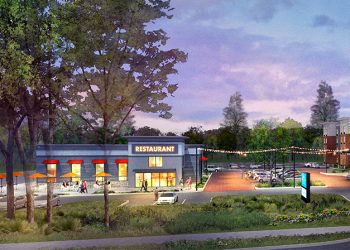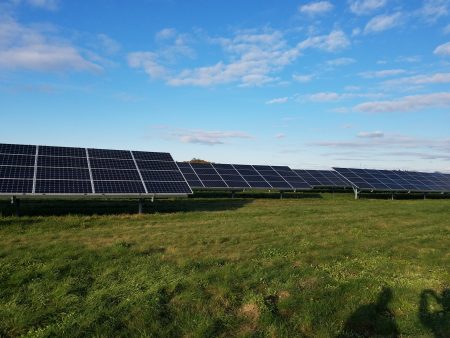As the owner of an electric, battery-powered automobile for seven years, Del. Rodney Willett, D-Henrico, wants to see many more Virginians driving electric cars.
‘The future … is going to be electric vehicles’: EV sales are small in Virginia, but a new push is on to build the market
By: John Redi Blackwell February 26, 2021

“I don’t think in my lifetime I will ever buy another gas-powered car,” said Willett, who was a co-sponsor of a package of legislation that just passed the Virginia General Assembly aimed at sparking more electric vehicle sales in the state.
Most of the time, Willett charges his Tesla S model electric car from a power outlet at his home overnight. He can drive up to 250 miles on a full battery charge. “The newer models can go farther than that,” said Willett, who has put close to 150,000 miles on the car.
It was a personal choice that Willett concedes has largely been out of reach for most Virginians for a variety of reasons, from the typically higher price of electric cars to a lack of convenient charging stations.
“When I bought my car, it was definitely not the car for everybody,” he said. “It was a higher price point. Starting out seven years ago, there were definitely some ‘ghost areas’ out there where I would struggle to find a charger.”
Though sales of electric automobiles have grown, they still represent less than 2% of overall automobile sales in Virginia and the nation.
As of 2019, out of about 8 million cars that were on Virginia’s roads, roughly 24,000 of them were electric vehicles, including 14,000 battery-electric vehicles and 10,000 plug-in hybrids.
A couple of weeks later, Jaguar said its brand will be fully electric by 2025 as it phases out internal combustion engines. Its sister brand, Land Rover, also will produce its first all-electric model in 2024.
The moves depend a lot on the willingness of state and federal lawmakers to back the building of electric charging infrastructure, said George Hoffer, a transportation economist and professor emeritus at Virginia Commonwealth University.
“They need infrastructure help because without the infrastructure, the electric car dies, meaning they want public, electric filling stations,” he said.
“The electric car has a lot going for it, and it will eventually win,” he said. However, Hoffer also thinks there is likely to be lot of churn in the marketplace as well as changes in the technology of electric cars, so consumers should do their homework.
“My personal advice is that this is a very rapidly changing market,” he said. “You can expect a lot of failures. A lot of this [the new automobiles] is coming from people you have never heard of before. My advice to the consumer is be careful. The technology is very fluid, and the players in the industry are very fluid, and it needs infrastructure.”
Among the new entrants in the electric car market is Ford Motor Co.’s Mustang Mach-E, the company’s first fully electric crossover vehicle after it made an $11.5 billion commitment to build electric cars.
The car starts at about $40,000 before tax incentives. It can get up to 300 miles on a battery charge.
Initial sales have been good at Richmond Ford, which operates stores in Richmond, Henrico and West Point, said Ron Kody, president of the dealership. He said his company is getting about eight to 10 of the cars a month at each store and selling them within a few days.
“From its infancy, my view on electric cars was the concept is really good, but the very first thing the consumer had was range anxiety,” said Kody, referring to car shoppers’ concerns that electric cars could not go far on a battery charge.
“The battery storage capacity was not much, and there was not much of anything in the way of charging infrastructure,” Kody said. “As battery technology has become better, now you are talking about 300-mile ranges and you can use it as an everyday driver.”
Electric car sales are still only a small percentage of overall sales for Hyman Bros. Automobiles, whose local dealerships include Jaguar, Land Rover, Nissan, Kia, Subaru and Mitsubishi franchises.
“I think these vehicles that will be coming out in the next two or three years will be longer range, which is key,” Hyman said. “I think the pricing is going to be more reasonable going forward.”
Jaguar, a British luxury car brand that has struggled, will go fully electric by 2025.
“I am all for it,” Hyman said. “It may give us more of a competitive edge.”
About 53% of Virginians would be interested in buying an electric vehicle, according to a consumer survey conducted by Generation180, a nonprofit in Charlottesville that advocates for clean energy and electric cars.
But the group identified three major barriers for consumers: higher upfront costs for electric vehicles, a lack of electric car inventory at dealerships in the state, and limited access to electric charging stations around the state.
Another bill, sponsored by Del. David Reid, D-Loudoun, seeks to offset the costs of electric vehicles that would provide consumers who buy or lease a new or used electric vehicle with a $2,500 rebate at the time of purchase.
“People often say electric vehicles are only for rich people,” said Stuart Gardner, program director for Generation180. “We wanted to make sure that the benefits would be available to all Virginians.”
The Virginia Automobile Dealers Association, an influential trade group of independent automobile dealers, backed several pieces of legislation, a move that the organization’s president and CEO, Don Hall, said is controversial within the industry.
“My peers nationwide have fought against this, and we are the first trade association to really take this in a more positive light and be involved in it,” Hall said.
“The future, whether people want to agree or disagree, is going to be electric vehicles,” he said. “We took a progressive approach. My leadership decided this is what we needed at this time. We think the future, and we want to be on the right side.”
However, Hall also warned that the cost of providing rebates for electric cars and building infrastructure for charging will be far greater than what the General Assembly has budgeted. While the proposed House budget included $5 million for the rebate program, the final budget, agreed to on Thursday by budget conferees, included no funding.
Virginia currently has about 1,520 publicly available charging plugs at the Level 2 speed of charging and 478 public plugs at the fastest Level 3 speed of charging, according to the Generation180 report.
Along with private developers of charging stations, Virginia is putting state money into building publicly accessible stations, using some of the money the state received from a $15 billion legal settlement that automaker Volkswagen agreed to in 2016 to resolve claims that it cheated on emissions tests.
The goal is to put a charging station within 30 miles of more than 90% of Virginia residents, said Chris Bast, chief deputy of the Virginia Department of Environmental Quality.
 Leasing Opportunities Available
Leasing Opportunities Available